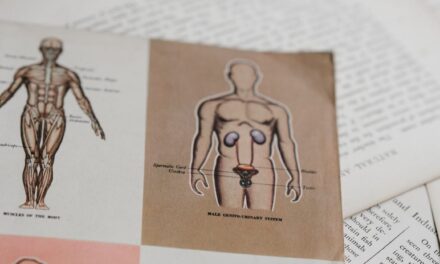 Blogophiles (whom we dub, during the time you’re reading our blog, as CRogophiles): get ready for installment seven of “Why We Like It,” weekly (sort of) segments that expose the pulsating hearts of poetry and prose in our pages like coronary bypass surgery—only what we do is less gross and sounds more mellifluous. This week we have a piece on Rachel B. Glaser’s “McGrady’s Sweetheart,” a story that is even bloodier than bypass surgery, in a good way. Our own Don Peteroy, who is actually quite adept at singing with peanut butter in his mouth, shows his versatility here with keen insights on why small woodland creatures look so darn cute in formal attire.
Blogophiles (whom we dub, during the time you’re reading our blog, as CRogophiles): get ready for installment seven of “Why We Like It,” weekly (sort of) segments that expose the pulsating hearts of poetry and prose in our pages like coronary bypass surgery—only what we do is less gross and sounds more mellifluous. This week we have a piece on Rachel B. Glaser’s “McGrady’s Sweetheart,” a story that is even bloodier than bypass surgery, in a good way. Our own Don Peteroy, who is actually quite adept at singing with peanut butter in his mouth, shows his versatility here with keen insights on why small woodland creatures look so darn cute in formal attire.
Don Peteroy: Rachel B. Glaser’s short story “McGrady’s Sweetheart” (volume 6, number 2) juxtaposes several war narratives in a way that brings to mind the intertextual vignettes in Hemingway’s In Our Time, but while Hemingway’s thematic disillusionment isolates his characters, Glaser abolishes the divide between war and home, past and present, rationality and irrationality, creating a beautiful, surprising, surrealistic connectedness. As a change in one landscape elicits an equal change in the other, a metaphoric conversation emerges between the battlefield and home. For instance, McGrady makes his fellow soldiers laugh at a preposterous tale of how, walking along the train tracks in his old neighborhood, he found a dead squirrel wearing a tiny tuxedo. Later, when Horowitz goes AWOL and wobbles away from the battlefield, he happens upon Stan Brady’s traveling act, a show in which common animals are “made up” to act and appear human. On this particular night, however, the animals are misbehaving. The ostrich tries to escape from its dress. Stan becomes flustered when he notices his rabbit picking at his sock. He lifts the rabbit by the bowtie and throws him into the crowd.
Likewise, each soldier has a sweetheart back home, but their sweethearts are often more “made up” than real. In violating both time and natural order, Glaser subverts the reader’s skepticism, and when McGrady is wounded and dying, we do not question the vision of his sweetheart as a grotesque human-animal hybrid. The further he advances toward death, the more distorted her appearance becomes. She is a creature that “waded into the swamp and crouched in the water, muddying its feathers.”
Although Glaser defamiliarizes the war narrative, it provides a rigid reference point in her illogical world. The story always points back to the established conventions, using them as an imaginative catalyst so that the piece’s strange particulars unfold naturally.
Editors’ Note: Rachel B. Glaser’s new book, Pee On Water, includes “McGrady’s Sweetheart.” For info click here.










